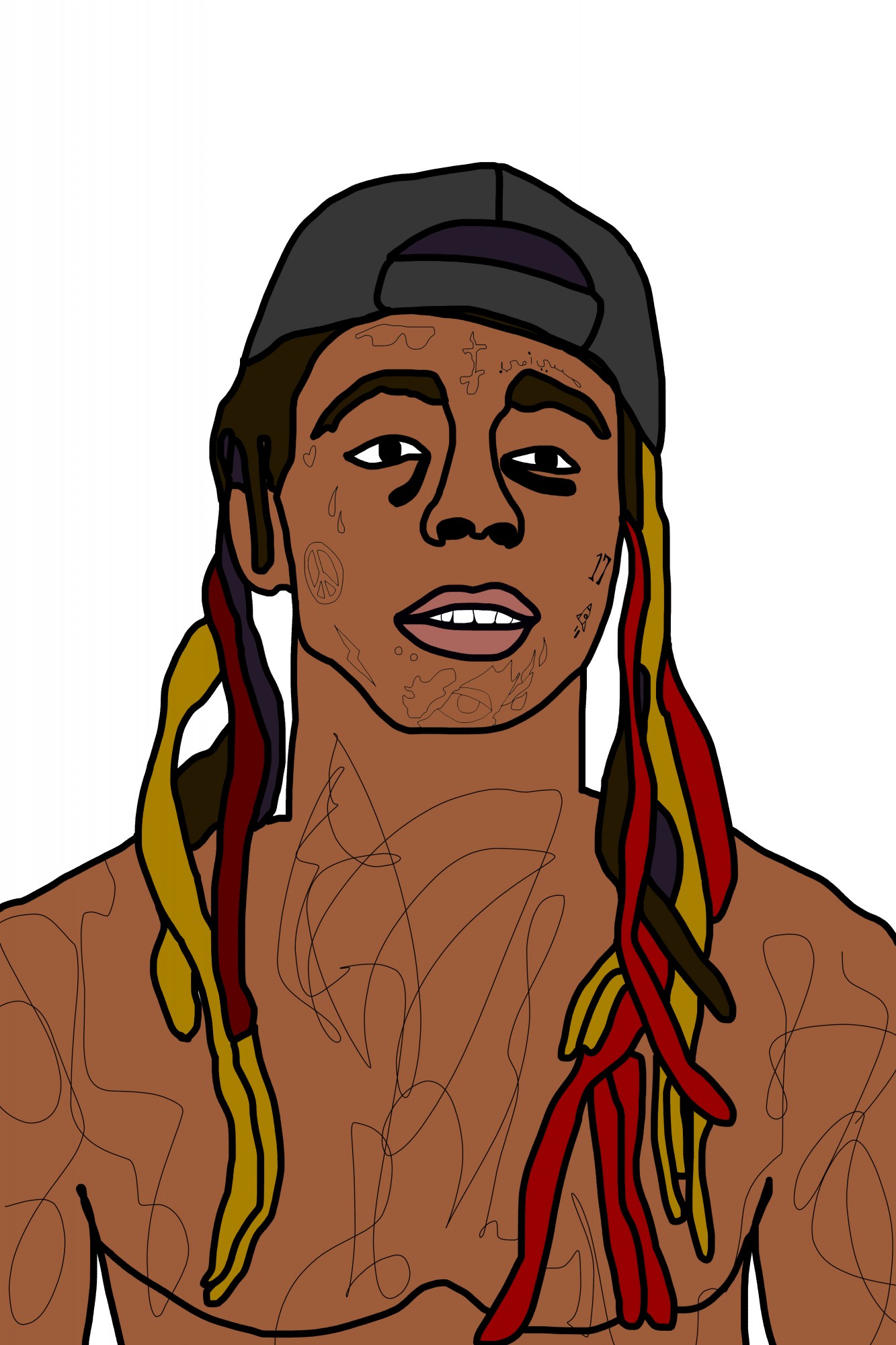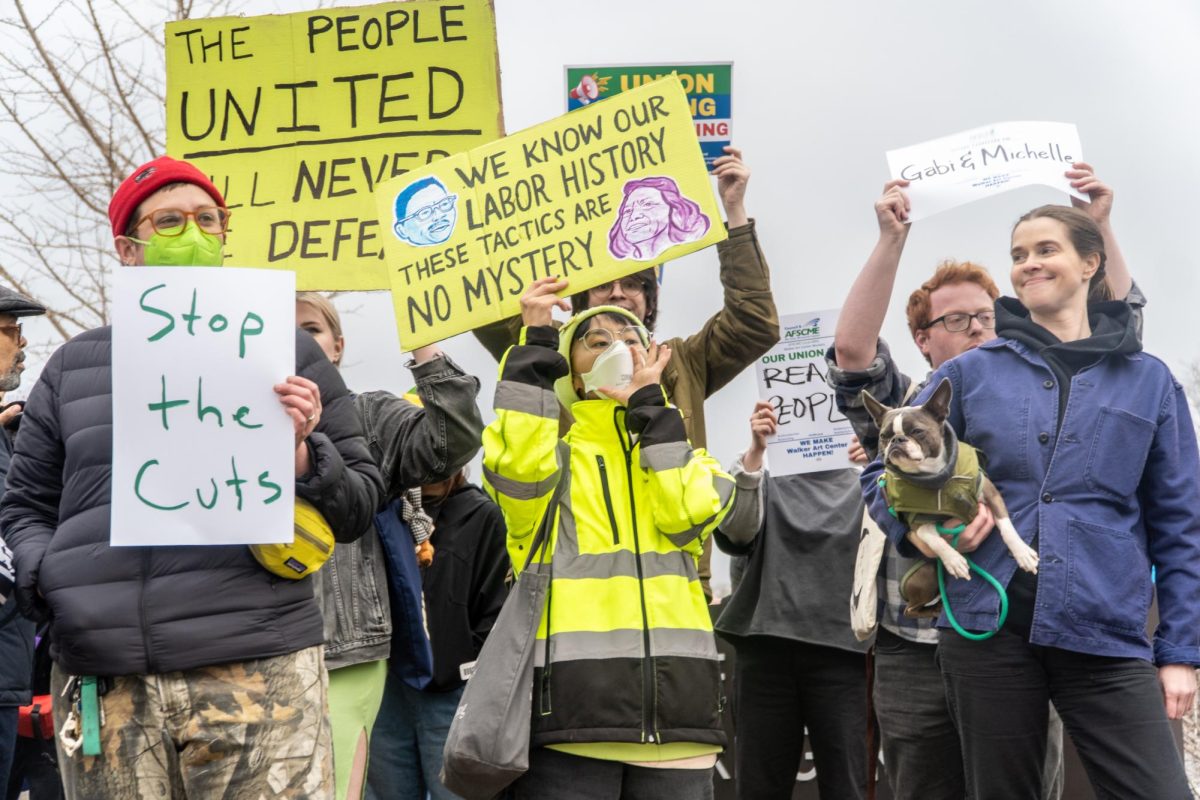Lil Wayne made little mention of his 13th studio album “Funeral” until April of 2019 when the New Orleans MC posted a single coffin emoji to his Instagram story.
Following a summer of promotional interviews, “Funeral” dropped Jan. 31, and proved to be a mixed bag of an album, featuring modern trap beats accompanied by a host of stream-of-consciousness flows.
The entire project lacks a central theme, making it come off as chaotic, or at the very least, poorly constructed.
“Funeral” is not an album for die-hard Weezy fans — people who fell in love with the artist because of mixtapes like “Dedication 3” and “Sorry 4 The Wait,” or albums like the “Tha Carter” series.
Instead, “Funeral” comes off as an OG rap-star’s attempt to cozy up to a younger generation of hip-hop fans, who came up on offerings from artists like Migos and Travis Scott, rather than Three Six Mafia or Gucci Mane.
Twenty-four tracks long (a marathon of an album by today’s standards), “Funeral” includes guest spots from artists like 2 Chainz, The Dream, Adam Levine and Lil Twist.
For most artists, a killer guest lineup can be a blessing for an album, but on “Funeral” the features prove to be a curse for Wayne, as his feature artists continually outshine him throughout the project.
The production, a high point of an album full of lows, caters especially well to guest verses from artists like Lil Baby, Takeoff and Jay Rock, but proves to be a death sentence for Weezy as he tries, and fails, to reign in flows clearly out of his wheelhouse.
On the track “Wild Dogs,” Wayne uses autotune-saturated and melodic vocal styles that fans are used to hearing from artists like Young Thug and Future, but sound unauthentic coming from the New Orleans MC, known best for his joyful, yet laid back, flow.
Vocal style aside, “Funeral” is also rife with poor lyricism, absent of the clever one-liners that Wayne built his career on.
“Mama Mia,” one of the album’s three singles, sounds like Wayne searched “movie” on RhymeZone and ran with the first ten words that popped up.
“This life is a movie, you died in the movie. I write and produce it. I cried as I view it. I’m lyin’, I’m goofin’, I’m tyin’ my nooses,” he raps on the second verse.
One of the few examples of substantial lyricism is featured on the album’s seventeenth track, “Bastard (Satan’s Kid),” where Wayne gets reflective about his upbringing.
“Daddy used to look at me like, ‘Who the f*** this baby is?’ Uncle used to say, ‘Your daddy just too young to raise a kid.’ Daddy used to treat my mama like they never made a kid. I’m Satan’s kid, I’m Satan’s kid, I’m Satan’s kid,” he raps on the chorus.
Wayne followed “Bastard (Satan’s Kid)” with one of the worst tracks on the album, – and maybe his entire career – giving “Pussy Monster” from Tha Carter III a run for its money.
On “Get Outta My Head,” featuring the late XXXTENTACION, Weezy rhymes the word “head” with the word “head” 20 times on the first verse alone, over a less-than-stellar, bare-bones beat, from producers PRXZ and Natra Average.
The entire project reads like a series of run-on studio sessions lazily thrown together to create a truly forgettable album.
This album aside, Lil Wayne is still one of the greatest rappers alive. Hopefully his next project will be a rebirth of the artist fans everywhere fell in love with and not another “Funeral.”
Grade: D








